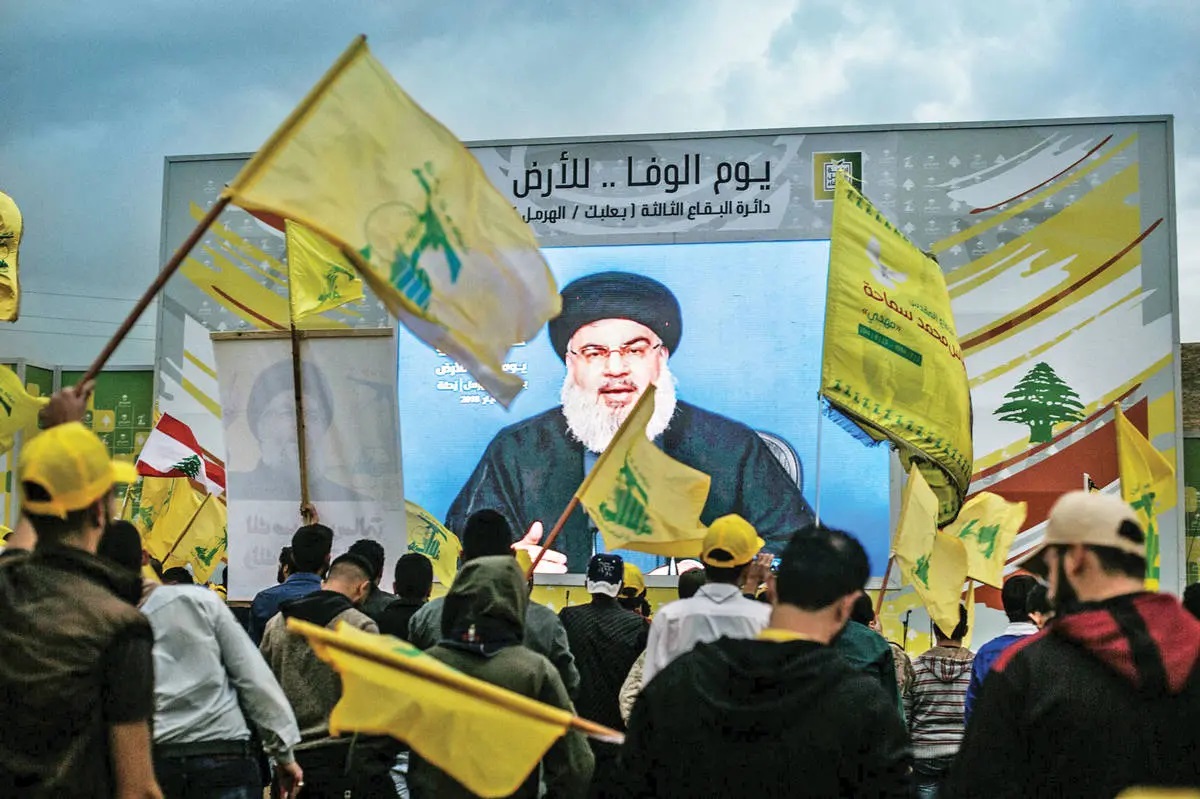This question and its answer mainly matters to the leaders of the Israeli regime, Israeli citizens, the US as backer of Israel, many Western countries, many leaders of Arab countries, the Muslims of the world, the free people of the world, the resistance movements, and the government and people of Iran.
A review of the thought and hostility of Zionism and its past and present leaders, as well as its historical behavior, indicates that, according to their belief, two goals should be kept in mind to deal with the enemy: To subjugate the enemy and neutralize it, otherwise, to eliminate it.
Concerning the second choice, they face two factors: The body and the people and the leaders and heads.
According to the Israelis, the elimination of people is time-consuming and costly and should be avoided if possible, but the removal of leaders is cheaper and more feasible, and therefore it is a priority, especially that this choice leads to subjugation and surrender of people. Sometimes, for some reasons, both choices are put on the agenda at the same time, like in Gaza and Lebanon wars.
The historical and behavioral examination of the Israeli regime of past decades makes it crystal clear that the theoretical foundations and as a result the long-term performance of the Israelis has been totally miscalculated, and their movement in this path has not brought about to them gains they expect, and on the contrary, as the time goes by, the opposite side grows stronger. This gives rise to an important question: Despite the fact that this path is proven wrong and costly, why does Israel insist on it?
There are two fundamental factors behind this blind and logical insistence. One, the unlimited US and Western support and arming, and the other the frustration with finding other choices.
In other words, the cultural and religious foundations of Hezbollah and Palestinian groups and the popular support to these foundations creates a powerful factor called struggle and resistance against the occupation and tyranny and feeds uprisings to retake what was usurped from them. Another face of this precious, credible, and influential factor is the popular support to the military branch of the resistance camp, to an extent that we can roughly claim that Israel is fighting the people of Gaza and Lebanon not the resistance militant groups. So, it is not senseless to suggest that the damage the blood of toddlers, school children, and women inflicts on the Israeli regime is not less effective than the blows the armed resistance groups deal to the Israeli military. And perhaps the Israeli grudge against the pro-resistance popular stream is more than against the resistance forces fighting on the battleground since the fighters can only deal direct and visible blows and the effect of their struggle can be seen in the damage to the enemy, but the people mentioned are only exposed to death and devastating damages, and there is no possibility for them to fight, still, they stand and proudly support the resistance movement and become martyrs.
When the criminal and child-killing Israeli regime faces such a unique and amazing phenomenon, it tests what it tested and failed out of the anger and frustration in a bid to gain a favorable result. But there are no signs of the smallest success.
If Hamas’s Saleh al-Arouri and Ismail Haniyeh and Hezbollah's Fuad Shukr, Ibrahim Aqil, and Sayyed Hassan Nasrallah, and others were assassinated and not killed by the Israeli regime in a technical sense, this means that the Axis of Resistance is moving in a right and advancing path and has forced the enemy to just hold in place without advances. In a point and technical view which the Israelis set hopes on and count on a lot, the assassinations ostensibly bring success, but in a linear view, these ostensible gains are transient and what stands firm and determines the battle result is the popular support and the organizational motivation and belief of the resistance groups that are always determining, and the current battle is no exception. In the eyes of the Lebanese and Palestinian people, who are supporting the resistance with all their heart, if Nasrallah, Haniyeh, and others are gone, Hezbollah and Palestinian groups still exist, and most important of all is the God's invioble promise which says God defends those who believe in him. This belief is the unending nightmare of the Israeli regime by which the Israelis will be crushed.
So, given what was said, the answer to the question that came at the beginning is as follows:
By carefully and intelligently using the precious
experiences of the past and reorganizing its structure and re-reading
the strategy designed by Nasrallah to confront the Israelis and adopting
appropriate tactics compatible with the new situation and focusing on
the management of the battleground and paying attention to the fact that
the fate of this battle will be determined by the brave, intelligent
fighters, Hezbollah should put military pressure on the sensitive sites
in the occupied territories to exhaust the fragile Israeli power. This
is not far from realization under Hezbollah's reconstructed power.
/129

